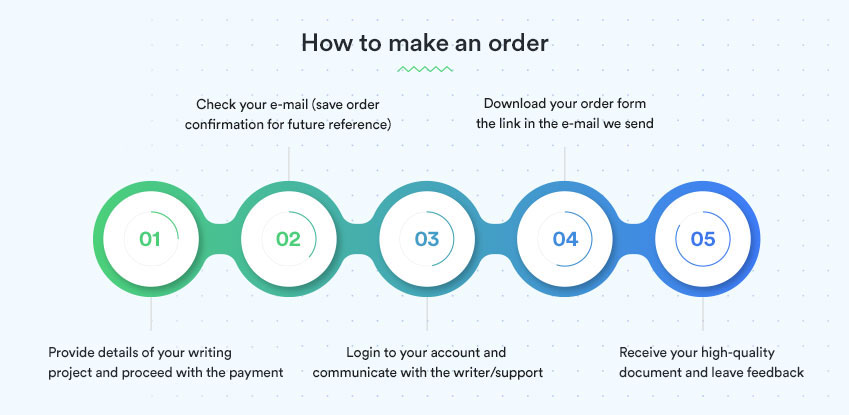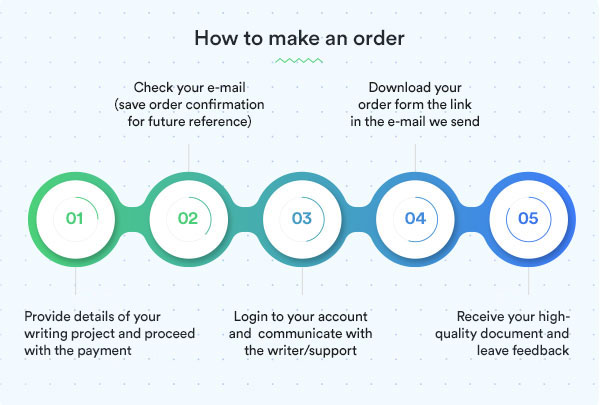Writing a Perfect Literary Analysis
A literary analysis implies a thorough examination of the text, i.e. disclosure of its essence and evaluation of the techniques used by the author. Novels, plays, as well as any other literary works can be subject to this kind of analysis.
As to the literary analysis assignment, it is more than a piece of writing summarizing the plot of a specific literary work. Literary analysis paper perform an in-depth analysis of such items as language of the text, its context and structure and highlighting the literary devices used by the author.
With our literary analysis assignment help you will realize how to write a literary analysis paper appropriately.



How to Write a Literary Analysis Paper Appropriately?
Before producing it, you have to create a powerful thesis statement to build your literary analysis essay around one point. As to the literary analysis structure, it has to comprise the following components:
- An introductory section presenting the matter under consideration.
- The main body, broken into several paragraphs, providing sound arguments to support a thesis statement.
- A conclusion illustrating the chief idea of your analysis.
Step 1: Reading the text and determining the literary devices
The first step to learning how to write a literary analysis is to carefully read the given text and write down important details. While reading, meticulous attention should be paid to the most extraordinary, enthralling or bewildering points. Then, you will be able to use these points at the stage of analysis.
When making a literary analysis, you need to get to the core of the topic discussed in the text you are examining. Mainly, you have to analyze the literary devices – the tools used by the author to help readers understand the text better.
When working on the text, you should make a detailed analysis of each of its aspects and establish the connection between them. In order not to miss any meaningful quotes or excerpts, use highlights or your notes.
Step 2. Producing a thesis
In order to understand how to write a literary analysis thesis, it is necessary to know what it is. Thus, a thesis is a statement you make about the text which you are supposed to analyze. It is the idea which turns your essay into a solid paper and not just a piece of writing presenting some random thoughts.
To make your thesis statement effective, ponder over the aspects of the text which you find impressive. Ask yourself some questions about the points which you consider appealing and think how you could answer them.
Bear in mind that your thesis has to be disputable, i.e. it has to be the assertion which you find true but that is not merely a statement of the fact. It has to be elaborate enough to be proved through facts and arguments which you will discuss in your essay.
At this point, your thesis does not have to be formulated perfectly. It can be revised in the course of writing your essay. Its chief purpose is to keep you concentrated while analyzing the text.
Step 3. Creating a Title and Introduction
A catchy title and a good introduction are two main items needed for starting your essay.
Title
The title of your paper has to highlight the point which your essay is concentrated on. It should contain the author’s name and the title of the text under examination. Try to make your title succinct and attractive.
Your title may include a quote from the analyzed text separated by a colon from the rest of the title. Do not get upset if you cannot create a worthy title at once. As soon as you start writing your paper, you will grasp its essence and it will be easier for you to produce an engaging title.
Introduction
The introductory section should give a brief overview of your line of thought. It should present both a thesis statement and a concise summary of your essay.
The introduction should provide some basic data about the text and its author which in its turn should lead to the thesis statement. You may highlight a generally accepted idea about the analyzed text and try to prove the opposite point with the help of your thesis.
At the end of this section, you may give a hint about the aspects of the text to be discussed in the body section. Your idea should be expressed in one sentence.
Some students decide to write an introduction after finishing their essay. It is quite reasonable since one gets a clear understanding of the matter in question after finishing the paper.
In case you decide to create the introductory part of your essay first, you should read it again after finishing your paper to see whether it is connected with the conclusion. Make sure to edit it if needed.



Step 4: Preparing the Body Section
This part of your essay takes the space between the introduction and conclusion. It should highlight your facts and ideas as well as the supporting arguments.
Literary Analysis Structure
A common literary analysis essay (high school level) comprises five paragraphs: the introductory and concluding sections consist of one paragraph each and the body includes three paragraphs.
Each body paragraph has to be concentrated on one idea. Break your argument into three components which should be closely connected with your thesis. Remember that the body section should not provide all the information you want to say about the text. It has to be focused on its analysis only.
Topic Sentences
Each paragraph should commence with a topic sentence. It will keep your text consistent.
A properly constructed topic sentence helps readers understand what the paragraph is focused on. It can present a new facet of your argument or connect the current paragraph with the previous one. To establish the connection between the paragraphs, it is worth using transitions.
Presenting Evidence
When making a literary analysis, it is essential to support your claims or ideas with the facts from the examined text. You may introduce quotes in your paper and explain why they are important for covering the topic.
Remember that the quotes you are using have to be analyzed thoroughly and not just presented in your paper. It is worth admitting that using quotations is not a must. Their use is appropriate in cases when you are evaluating the authors’ language. When discussing some structural components or aspects of the plot, providing quotes may be not enough.
In such cases, it is better to either paraphrase or sum up the parts of the text which you consider significant for your analysis.



Step 5: Creating a Conclusion
The first thing that should be kept in mind when talking about how to write a conclusion to a literary analysis paper is that it should not provide any new information about the topic. In this section, you have to make a summary of the chief points discussed in your paper and explain why they matter to readers’ understanding of the text.
In order to make sure that your conclusion is effective and powerful, you should outline your major arguments first. In addition, you are required to show a new angle of the text interpretation which you have proved with the help of your thesis. The concluding section of your essay should end by connecting its key idea with the broader ones.
After reading these literary analysis writing tips, you have a better understanding of how to write a literary analysis essay and make it structured properly. In case you feel that you are unable to produce such a piece of writing on your own, feel free to turn to experienced writers for literary analysis assignment help. They are aware of how to write a literary analysis paper up to the academic standards and will be glad to help you handle the task on time.








